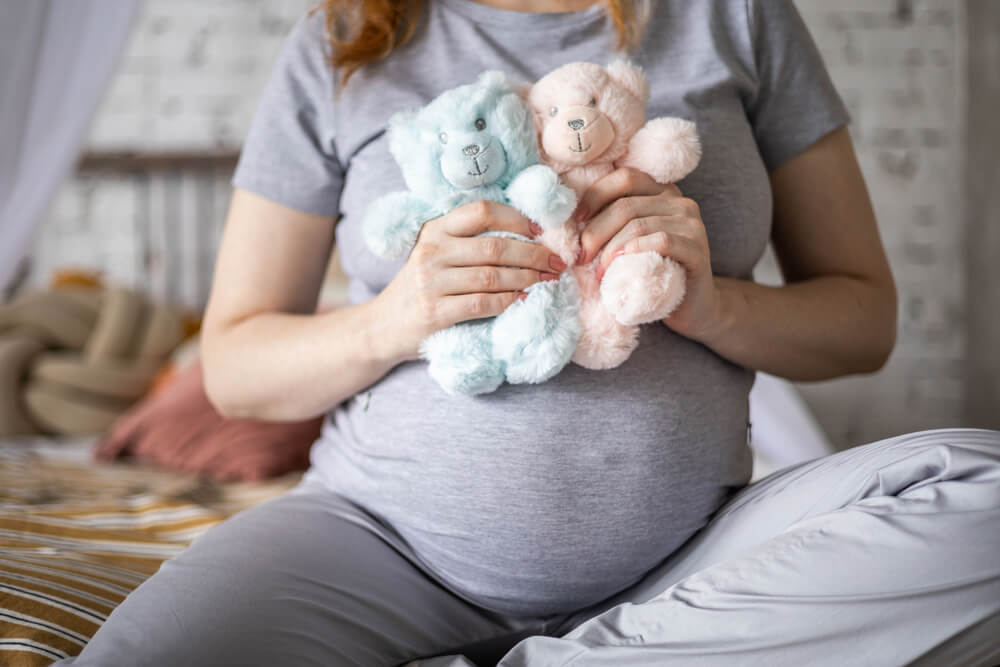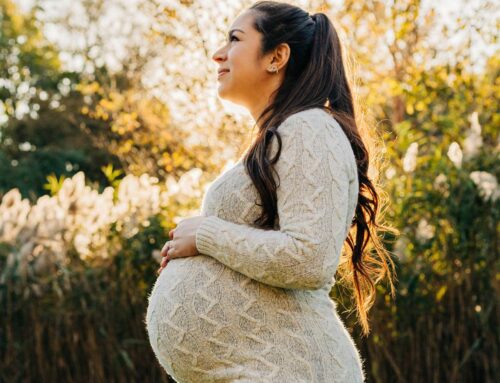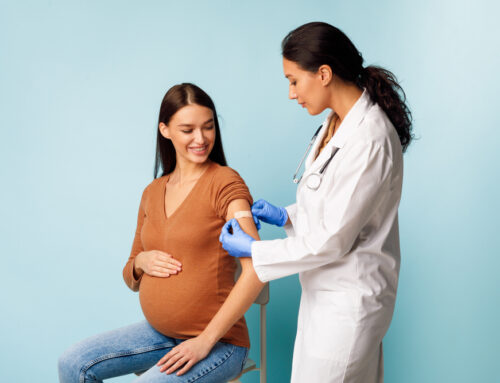Women often say that the day they found out they were pregnant was one of the most exciting days of their life. By this logic, the excitement is doubled when you find out you are having twins, right?
Being pregnant with twins is certainly a unique experience because it does not occur that often, and it definitely comes as a surprise. It is interesting to mention that only one in every 250 pregnancies is a twin pregnancy. Multiple pregnancy means the mother carries two or more fetuses in the uterus. It usually occurs when there is a family history of twin pregnancy, or the couple underwent fertility treatment.
By using an early-stage ultrasound, doctors can determine whether the mother is having a multiple pregnancy, which helps her prepare properly before the arrival of the babies. Unfortunately, a twin pregnancy is riskier than a singleton one due to different factors, so having frequent prenatal care appointments is key.
With many services of obstetrical care in Boca Raton and Boynton Beach, FL, women can count on high-quality care, tailored to their specific needs. Since your doctor needs to be your guide and support throughout your entire pregnancy, make sure you pick an adequate professional. Book an appointment at Women’s Health Partners and find out what premium-level obstetrical care services look like!
Twin Pregnancy Symptoms
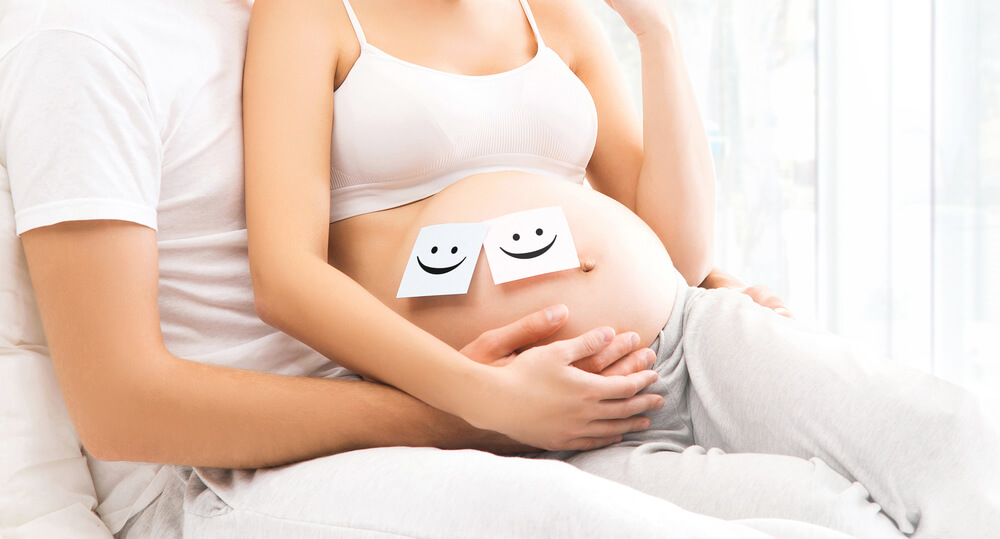
There are certain signs women experience that are very specific to being pregnant with twins. These twin pregnancy symptoms and signs often occur in the early stages of the pregnancy and get more intense with time, and they include:
- Movement of the fetus felt in multiple areas of the body
- Early fetal movement
- The pregnancy bump is larger than standard
- Weight gain is very quick
- There is a higher level of pregnancy hormones (hCG and AFP)
- Fetal Doppler shows more than one heartbeat
- Breast tenderness
- Exhaustion
- Increase in appetite
- Morning sickness
- Urinating frequently
Twin Pregnancy 101
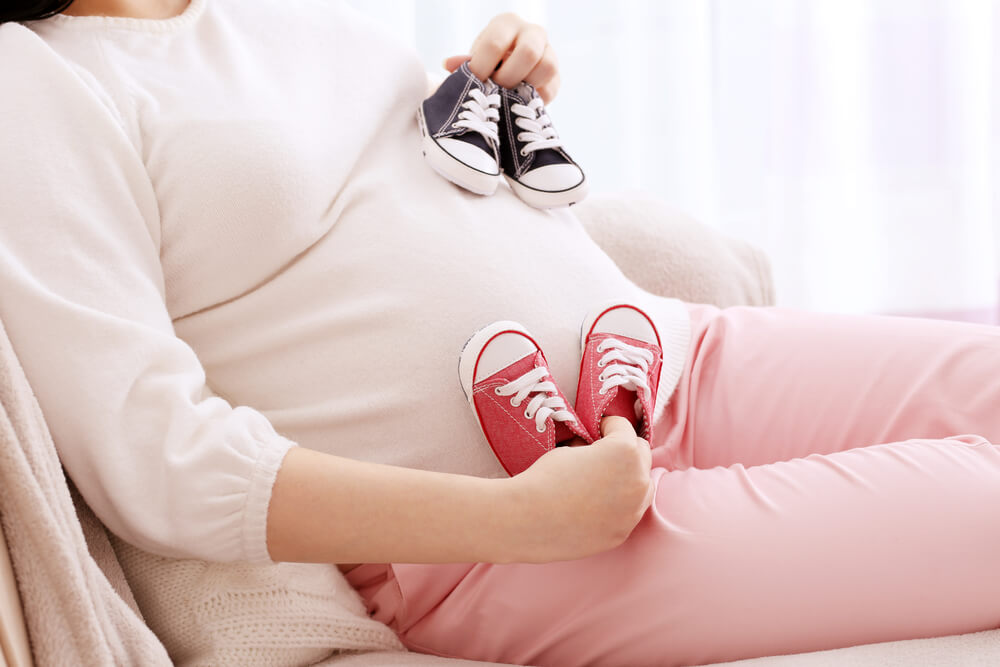
In the following section of the article, we decided to bring you some basic information about twin pregnancy, twin delivery, the postpartum period, and the like, so you can prepare to be a mother of two babies simultaneously.
- To reliably confirm a twin pregnancy, the most popular method is a prenatal ultrasound. Using sound waves to produce images of the uterus is non-invasive and safe for both the mother and the children. Through a twin ultrasound, it is possible to determine whether there are two fetuses, so it is used and recommended by experts in 99% of cases.
- There can be two types of twins, fraternal or identical twins. Fraternal twins grow from two fertilized eggs (fertilized by two sperms) but in one cycle. There is a separate placenta for each child, and the DNA is similar to that of siblings who are not the same age. They can be of the same or different gender. Identical twins grow from a single embryo (one egg and one sperm) divided into two parts. They can share a placenta, and they are always of the same sex.
- Getting pregnant with twins can occur under different circumstances, but the factors that increase the possibility are age (when a person is older than 35), family history of twins, having a fertility treatment such as IVF, when the person’s body mass index is higher than 30, and a personal history of twins in a previous pregnancy.
- Twins delivery time is around the 37th week of pregnancy, i.e., this is considered full-term. That said, the pregnancy rarely lasts this long, and the infants usually come into the world around the 35th week. Preterm labor prevention treatments exist, but they are not always successful.
- Prenatal care when you are having twins is a bit different due to the high risk of complications during pregnancy. Mothers usually visit maternal-fetal medicine specialists, who are experts in preventing and detecting potential complications in these types of pregnancies.
- Complications can include anemia, high blood pressure, premature labor, spina bifida, gestational diabetes, too little or too much amniotic fluid, growth restriction within the uterus, twin-to-twin transfusion issues, where one baby gets sufficient blood while the other does not, and the like.
- When twins are born prematurely, there are additional potential complications such as breathing issues, feeding issues, body temperature regulation problems, low weight at birth, vision irregularities, etc.
- Twin delivery is done mainly through a C-section, i.e., cesarean birth, to prevent potential complications. If you are experiencing a complication-free twin pregnancy, you can try and have a vaginal birth. This will certainly be discussed and determined with your doctor.
- When women are pregnant, in general, they are supposed to take additional supplements, especially folic acid. This helps the baby develop without potential congenital disabilities such as spina bifida. In the case of a twin pregnancy, it is recommended for the mothers to take 1 mg of folic acid daily, while for single pregnancies, the dosage is 0.4mg.
- As mentioned above, the frequency of doctor visits is a lot higher when you are carrying twins than in singular pregnancies. Twin ultrasounds are done more frequently, while in singleton pregnancies, growth and anatomy scans are done only once.
- As the levels of the human chorionic gonadotropin hormone are higher when a woman is having twins, vomiting and nausea are also more frequent. The morning sickness usually disappears after week 14, so hang in there!
- There is a potential for experiencing more severe back pain, issues with sleeping patterns, higher rates of maternal anemia, postpartum hemorrhage, and heartburn when you are pregnant with twins.
- Spotting is more frequent in twin pregnancies, but try not to panic. If you do not experience cramping alongside the spotting, everything is fine. If cramps start to occur, with active bleeding and clots, contact your doctor as soon as possible.
- Weight gain is more probable if you are carrying twins, so if you have issues with gaining weight, make sure you pay attention to your dietary habits and your daily activity. That said, it is essential to note that there are two placentas and more amniotic fluid, so it is only natural that the weight gain is higher. Also, the mother needs to take in more calories for two babies; it is not advised to gain less than 15 pounds during the pregnancy because that implies that not enough nutrients were consumed for the healthy development of the babies.
- Preeclampsia is more frequent in twin pregnancies, so if you start experiencing frequent high blood pressure issues, proteins in your urine, and swelling of the feet, hands, and legs, make sure you tell your doctor and ask for guidance in order to avoid potential eclampsia.
Contact Us!
Having a twin pregnancy is, at the same time, exciting and scary. Many studies are done to help future mothers better prepare for delivering twins. Our clinic is here for any potential advice, concern, and guidance, so don’t hesitate to contact us!


